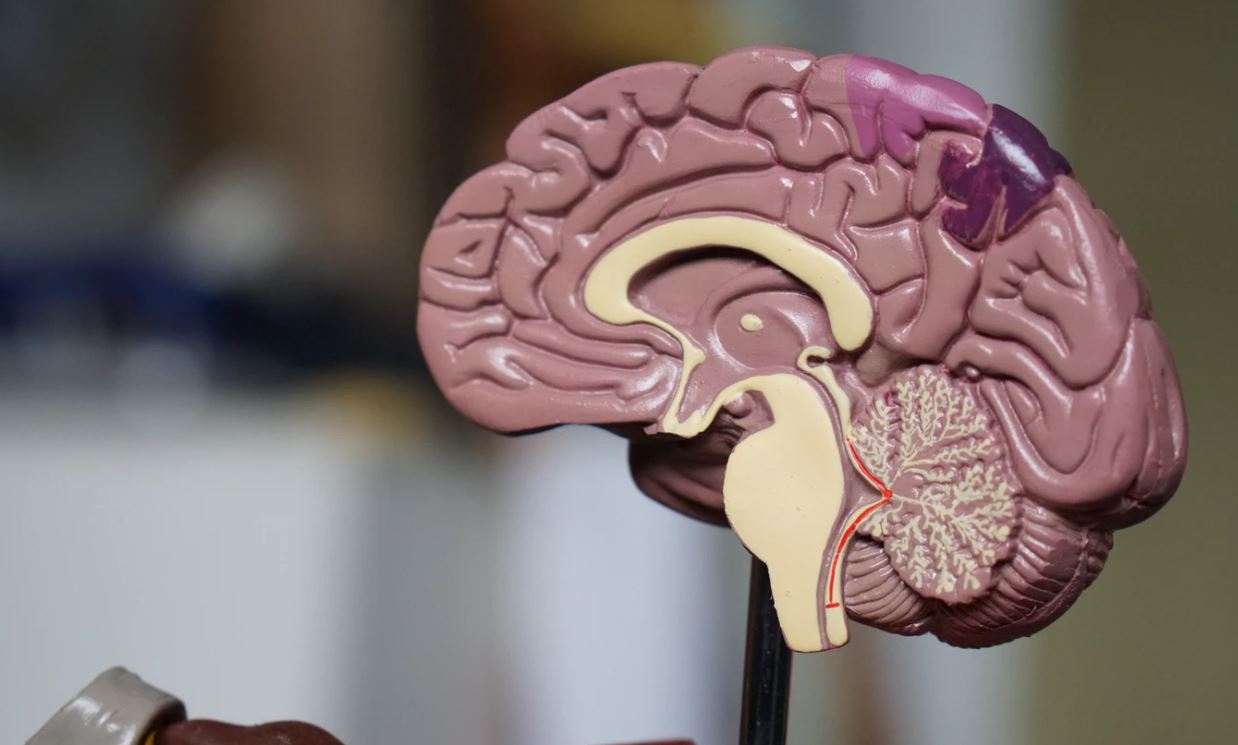The nervous system is a highly specialized network, that is also called the command centre of the body. The nervous system is originated from the brain and controls the thoughts, movements, responses and the body’s processes. It is a complex system that affects every aspect of your health. Accidents, diseases, toxins or the ageing process can cause damage to the nervous system.
Since the nervous system is such a complex network, there are very high chances of things getting wrong with a part of the system. This is known as a neurological disorder, which is a common disorder. Here is a list of common nerve-related health issues that one must be aware of:
Headaches
Headache is the most common neurological disorder and, almost half of the population suffer from it. Headaches can be recurrent painful and are caused due to societal or personal burdens. Headache disorder can be of different types, namely tension-type, migraine, and cluster headache.
Accurate treatment of headaches involves consultation from the professionals, proper diagnosis and treatment, medication. A person affected by recurrent headaches must change their lifestyle and food habits. Even though headache isn’t a life-threatening health condition, dealing with such chronic pain can be taxing.
Carpal Tunnel Syndrome
Carpal tunnel syndrome is a neurological condition, that causes the weakening, numbness and tingling of the hands. This health condition is also called median nerve compression. In cartel tunnel syndrome, the pressure on the median nerve is elevated. The median nerves control the movement of the hands, which run through the arms and go until the wrist.
Cartel nerve syndrome can lead to delay in nerve impulses, lack of feeling in the fingers and less coordination on strength in your fingers. The treatment of cartel tunnel syndrome depends on the symptoms, contact a carpal tunnel specialist for a better understanding of symptoms. A specialist will help you with the required medical and physical treatment to recover quickly and effectively.
Epilepsy and seizures
Epilepsy is a common neurological situation wherein unusual electrical activities take place in the brain that makes a person more susceptible to unprovoked, recurrent seizures. A seizure is a health condition in which unusual behaviour or movement happens due to abnormal electrical activity arising in the brain. A person can undergo a seizure when there is exposure to or trying to withdraw from alcohol or drugs. There are various effective non-surgical and surgical procedures available to treat these issues.
Strokes
Strokes happen when the blood vessels in the brain rupture or there is a blockage in the blood supply. These ruptured blood vessels stop oxygen and blood from reaching the brain. Due to the lack of oxygen, the tissues and cells start getting damaged and die within a few minutes. Stroke can lead to paralysis, numbness or weakness of body parts, lack of responsiveness, and trouble understanding others. Certain factors make a person more vulnerable to strokes: an unbalanced diet, lack of exercise, heavy alcohol consumption, and tobacco use.
Conclusion
You must seek immediate help if you are experiencing even minor discomfort with your neurological condition. It is crucial to confirm that you aren’t going through a stroke or seizures. To maintain good neurological health, you must consume a balanced diet and involve yourself in regular physical activity. If you are feeling any kind of discomfort anywhere in the body, it is advisable not to ignore it and see a doctor at the earliest. The doctors can help you detect a major problem at an early stage and it can be cured without causing any damage.




